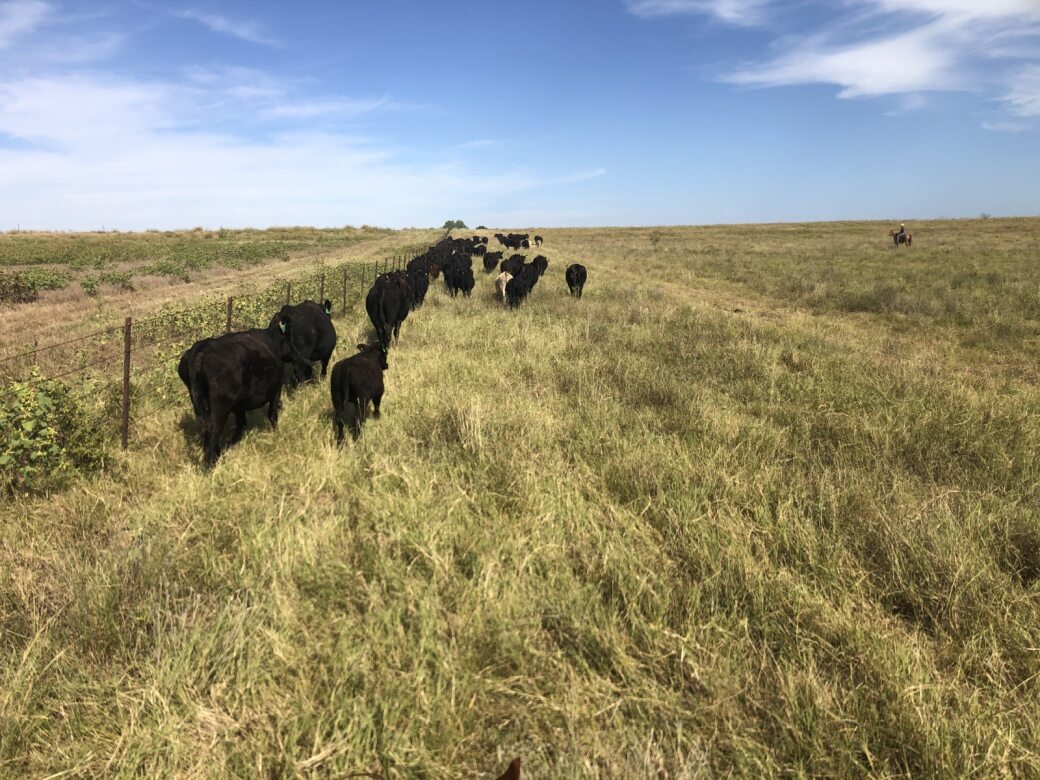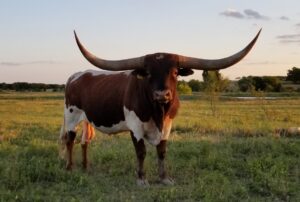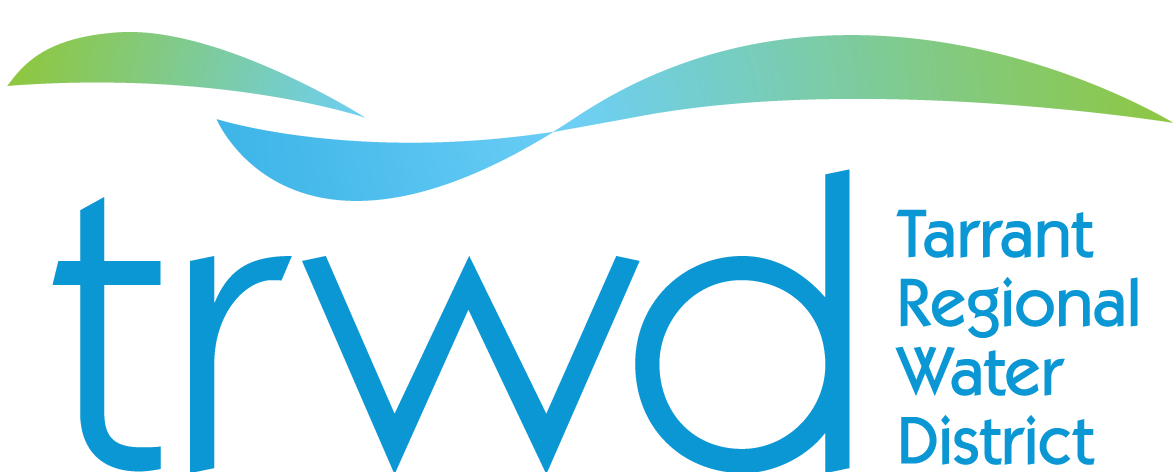
Did you know that the water quality and water storage capacity in TRWD reservoirs is dependent on the land management activities of people and businesses who live and operate in the watershed (also known as the drainage area)? Most of the land that drains to our reservoirs is rural, so we are reliant on the actions of farmers, ranchers, and other landowners to protect our water resources, which go on to serve over 2 million end users. The great news is that good land stewardship has co-benefits for the health of water bodies, animals, people, and profit.
TRWD’s Watershed Protection team works with natural resource agencies, nonprofits, and outstanding landowners to amplify efforts toward this kind of holistically-minded land management. For more details on how landowners can glean all these co-benefits from their land while supporting their bottom line, check out these profiles on two ranches that drain to Richland-Chambers Lake.

Trail of Faith Ranch is a longhorn beef operation located in Navarro County. Their management style is rooted in supporting the health of their cattle and the health of the people who consume their products. These fundamental goals show up as land management practices that improve soil and forage quality, which in turn results in cleaner water flowing into the reservoir. Click here to explore our StoryMap about Trail of Faith Ranch.
Chambers Creek Ranch is a beef cattle operation along Chambers Creek (half of Richland-Chambers’s namesake) in Ellis County. Over the past several years, the owner and manager have been adapting their management to reduce input costs, such as hay, feed, seed, and chemicals. The result of these efforts is rejuvenated grasslands across the ranch, which hold on to soil and soak up rainfall — mitigating erosion and sedimentation while increasing the resilience of the land in the face of droughts and freezes. Click here to explore our StoryMap about Chambers Creek Ranch.


